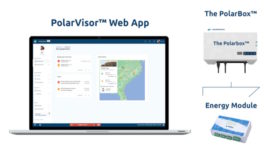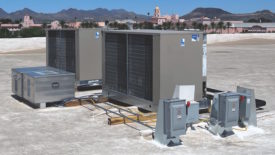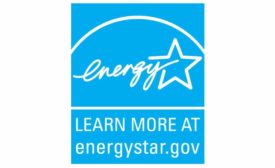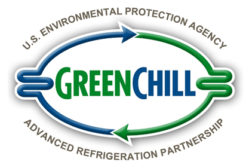Home » Keywords: » EPA
Items Tagged with 'EPA'
ARTICLES
Next-Generation Refrigerants: Exploring CO2 as an Alternative
When designing commercial and industrial refrigeration facilities, choosing the right refrigerant is critical.
October 21, 2024
Arizona-Based Company Embraces Next-Gen Commercial Refrigeration Technology
Hensley Beverage Company collaborated with Chemours and others to implement a system utilizing a A2L refrigerant.
April 17, 2024
Save energy, money with ENERGY STAR-certified products
The key to being eligible for many of the utility rebates is looking for the government-backed ENERGY STAR label.
November 9, 2017
Elevate your expertise in refrigerated and frozen foods with unparalleled insights and connections.
Get the latest industry updates tailored your way.
JOIN TODAY!Copyright ©2024. All Rights Reserved BNP Media.
Design, CMS, Hosting & Web Development :: ePublishing











